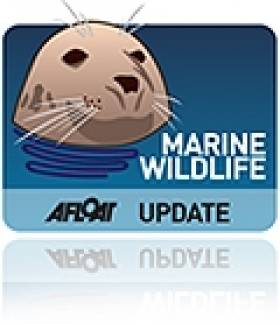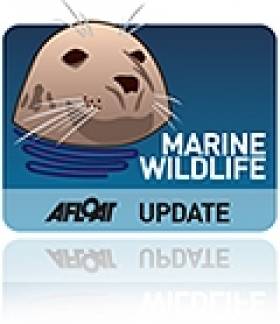Displaying items by tag: Brownstone Head
Fin Whales Could Be Wexford Bound
#MARINE WILDLIFE - The Enniscorthy Guardian reports that the fin whales that have been sighted off Tramore in recent weeks may soon make their way towards the Wexford coast.
Afloat.ie recently reported that Waterford was the 'best place to be' for whale watching, with the Irish Whale and Dolphin Group (IWDG) confirming fin whale sightings along a 20-mile stretch from Stradbally to Brownstone Head.
Cetacean fans are being advised to keep an eye on the coast from Hook Head to Brownstown headland to catch a glimpse of the fins, which are renowned for their six-foot whale blow.
Whale watchers are also urged to report any sightings to the IWDG online at www.iwdg.ie to help keep its database up to date.
Waterford 'Best Place to Be' for Fin Whale Sightings
#MARINE WILDLIFE - Last Tuesday heralded an incredible eight whale sighting reports off the Waterford coast, according to the Irish Whale and Dolphin Group (IWDG).
Sightings co-ordinator Pádraig Whooley writes that most of the sightings have been confirmed to be fin whales, spotted close to the shore along a 20-mile stretch from Stradbally to Brownstone Head.
"For anyone interested in viewing the planet's second largest animal, clearly Co Waterford is still the place to be," he says.
But West Cork is also a hotspot for whale sightings, as BBC Autumnwatch's recent filming in the area with the IWDG illustrates.
It's expected that the large whale season will extend into February next year.
The IWDG has more on the story HERE.





























































